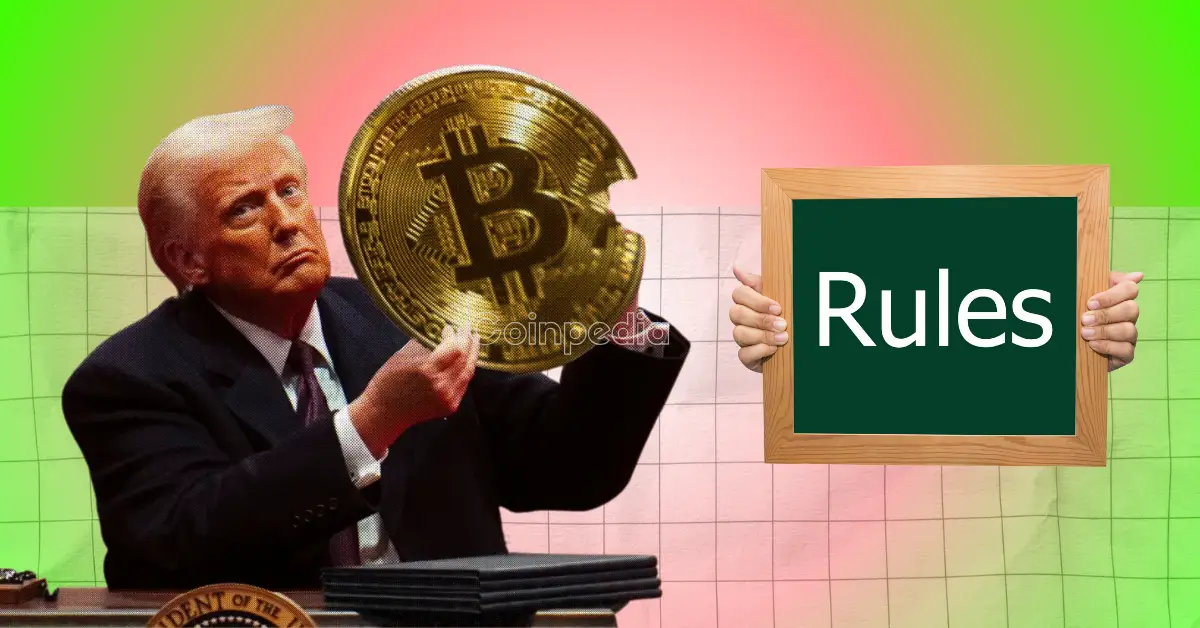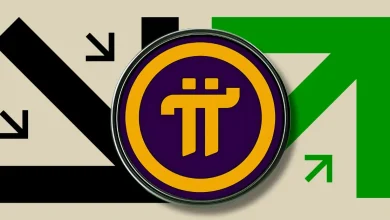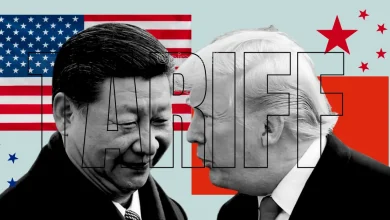
The SEC's crypto task force debated whether existing securities laws adequately cover digital assets, or if new, separate rules are needed.
Former SEC officials like John Reed Stark argued for applying existing securities laws to crypto.
Differing views emerged on potential regulatory changes, with concerns raised about weakening investor protection versus fostering innovation.
The U.S. Securities and Exchange Commission (SEC) held its first public crypto task force meeting on Friday, bringing together experts to debate how securities laws apply to digital assets. With the Trump administration pushing for changes in crypto regulation, the discussion was lively.
Should cryptocurrencies follow the same rules as stocks, or do they need a regulatory playbook of their own?
Industry leaders, legal experts, and SEC officials clashed over this very question—one that could shape the future of crypto in the U.S. The stakes are high, and the outcome could redefine how digital assets are bought, sold, and policed.
Key Figures in the Discussion
The meeting included former SEC official John Reed Stark, Miles Jennings from venture capital firm Andreessen Horowitz, and former SEC Commissioner Troy Paredes. The task force’s goal is to develop clearer rules and guidance for the growing crypto industry.
Should Crypto Have Its Own Rules?
One of the main debates was whether cryptocurrencies should be regulated under existing securities laws or have a separate set of rules. Miles Jennings argued that the SEC should be “technology-neutral” and recognize that blockchain-based systems like Ethereum function differently from traditional stock investments in companies like Apple.
However, SEC Commissioner Caroline Crenshaw warned that creating special rules for crypto could weaken oversight and allow digital assets to avoid stricter financial regulations.
John Reed Stark: Existing Laws Are Enough
John Reed Stark, former director of the SEC’s Office of Internet Enforcement, strongly opposed changing regulations. He argued that the Securities Act of 1933 and 1934 already provides enough legal framework for digital assets, emphasizing that crypto should remain classified as securities. Stark emphasized that crypto buyers aren’t collectors, they’re investors, and the SEC’s mission is to protect those investors.
“The volume of case law has developed so quickly because of all these crypto firms. They went for this sort of delay, delay, delay, idea, and they hired the best law firms in the world, and these law firms all fought the SEC with incredible briefs,” he added.
According to Stark, most crypto-related cases have resulted in losses for the industry, reinforcing his view that digital assets offer little real innovation compared to past technological breakthroughs like the iPhone.
Stark’s History of Criticizing Crypto
Stark has been a vocal critic of the crypto industry. In February 2024, he slammed a sponsorship deal between the Dallas Mavericks and crypto firm Voyager, comparing it to partnering with a “heroin manufacturer.” His remarks have drawn sharp criticism, with billionaire investor Mark Cuban dismissing them as “crypto derangement syndrome.”
Never Miss a Beat in the Crypto World!
Stay ahead with breaking news, expert analysis, and real-time updates on the latest trends in Bitcoin, altcoins, DeFi, NFTs, and more.
It seems like the battle between regulators and the crypto industry isn’t cooling down anytime soon.
FAQs
The SEC created the task force to clarify how securities laws apply to digital assets and develop regulatory guidelines for the crypto industry.







